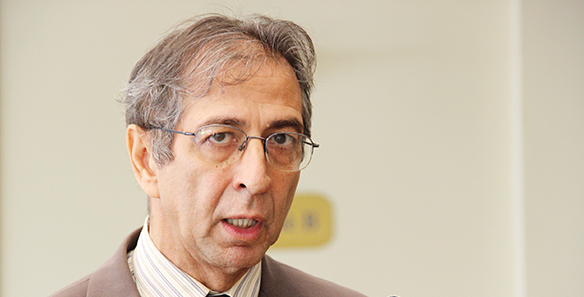In the second leg of a process that started in 2017 and benefited about 84 000 men, authorities in Mozambique are set to circumcise more than 100 000 men in a bid to help prevent the incidence of sexually transmitted diseases.

Abdul Razak, the governor of the central province of Zambezia, was quoted by the BBC as saying that the next step in this process will target districts where circumcision is not common, such as Ato-Molocue, Ile and Gurue.
“What I want to underline is that male circumcision and other measures are used to prevent diseases such as HIV/Aids. They do not cure the patient.”
The World Health Organisation (WHO) has always maintained that male circumcision reduces the risk of heterosexual men getting HIV by about 60%, when used with other preventive measures. More than 14,5 million circumcisions have been performed for HIV prevention in 14 countries in eastern and southern Africa since 2007, when the WHO began recommending voluntary male medical circumcision (VMMC) in high HIV-prevalence and low circumcision-rate countries. Nearly 3 million circumcisions were done in 2016 alone. Given these volumes, the WHO expects more than 500 000 new HIV infections will be averted through to 2030.
“VMMC-related counseling experiences may be more effective in providing complete HIV prevention and care messaging if all adolescents are given age-appropriate and sexual experience-appropriate information during counseling sessions,” said Lynn Van Lith, director of HIV programming at the Johns Hopkins Center for Communication Programs and leader of the research project, on the centre’s website. “This research shows that while we are very successful at providing a positive circumcision experience, there is more we can do to set these young men on a path toward a healthy life free of HIV.”
The two rounds of circumcisions are estimated to cost more than US$1 million. The funding is being provided by the US initiative known as the President’s Emergency Plan for Aids Relief (Pepfar).
Across all countries and age groups, the consensus is that between 88% and 100% of those who have undergone the procedure would recommend the procedure to their peers.
Kindly follow us on twitter:@AfricanVoice2










